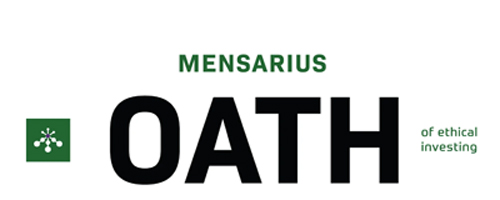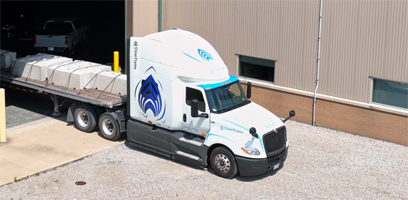The Pros and Cons of investing in carbon-credit related startup companies
Carbon credits are part of the overall solution for reducing CO2 in the atmosphere and have attracted significant interest from investors and companies.
When considering investing in a carbon-credit related startup company, it may be helpful to consider the following Pros and Cons.
Pros
- The world must find ways to slow global warming.
- Startups developing carbon reduction products may find that their customers can benefit by selling credits generated when using the company’s products. This may incrementally lower the sales friction encountered by the startup.
- A startup can directly deploy carbon reduction technology and benefit from selling credits. For example, the startup can own and operate wind or solar power generation facilities or can own and operate systems that capture and utilize the methane gas that is emitted from waste disposal sites, coal mines, or livestock farms.
Cons
- Thinking big picture, carbon credits are an indirect approach to reducing carbon entering the atmosphere, and most often don’t reduce CO2 at the source, where the CO2 is most concentrated. And the purchasing of carbon credits allows buyers to avoid reducing or eliminating their own emissions and may be motivated more by a need for greenwashing marketing campaigns than a financial commitment to slowing global warming.
- If the company’s primary mission is to sell carbon credits, consider that carbon credits are unregulated and vary widely in quality and impact. There is no standard way to measure, verify, and certify the emissions reductions or removals that carbon credits represent. Some carbon credits may be based on dubious or fraudulent projects that do not actually reduce or remove greenhouse gases from the atmosphere.
- Carbon credit marketplace startups face the same challenge that every marketplace startup faces, namely, achieving a balance of supply and demand, and having to be equally successful with two disparate marketing campaigns.
- A carbon credit selling startup may be creating credits planting monocultures of trees, which are inherently damaging to the environment by decreasing biodiversity has negative impacts on soil quality, water availability, and wildlife habitat, thereby reducing the resilience and adaptability of forests to climate change and natural disasters. Insect and bird populations around the world are plummeting precipitously in part due to the destruction of the biodiverse habitats that they depend upon. Read more




